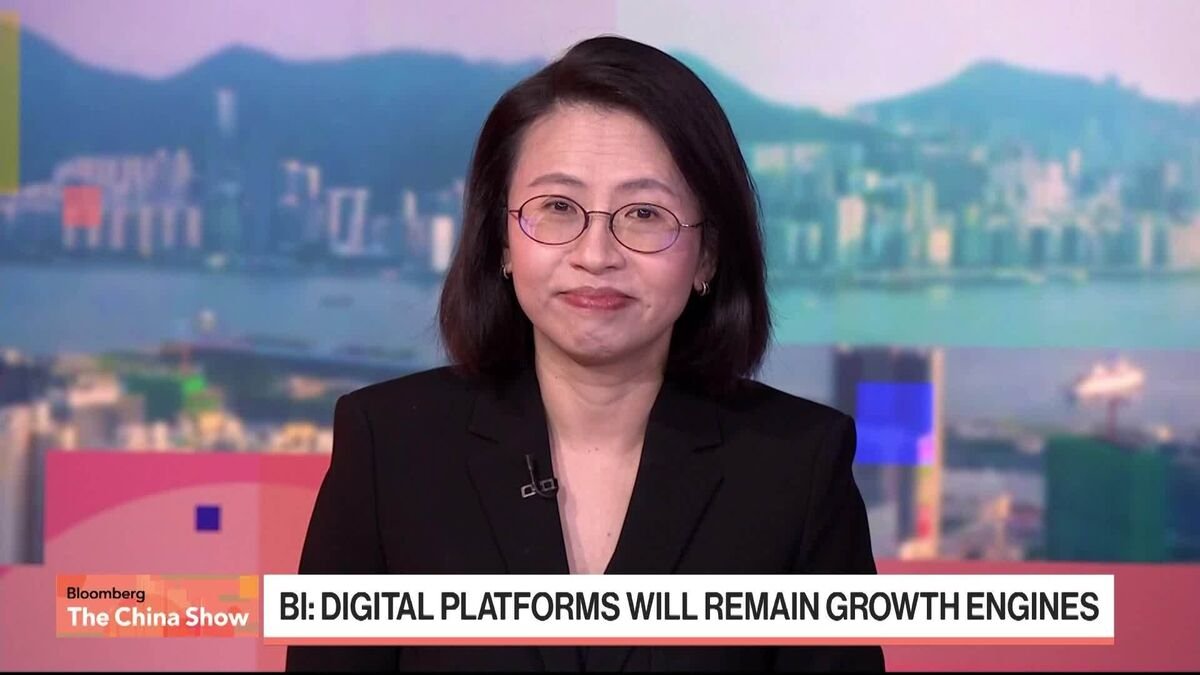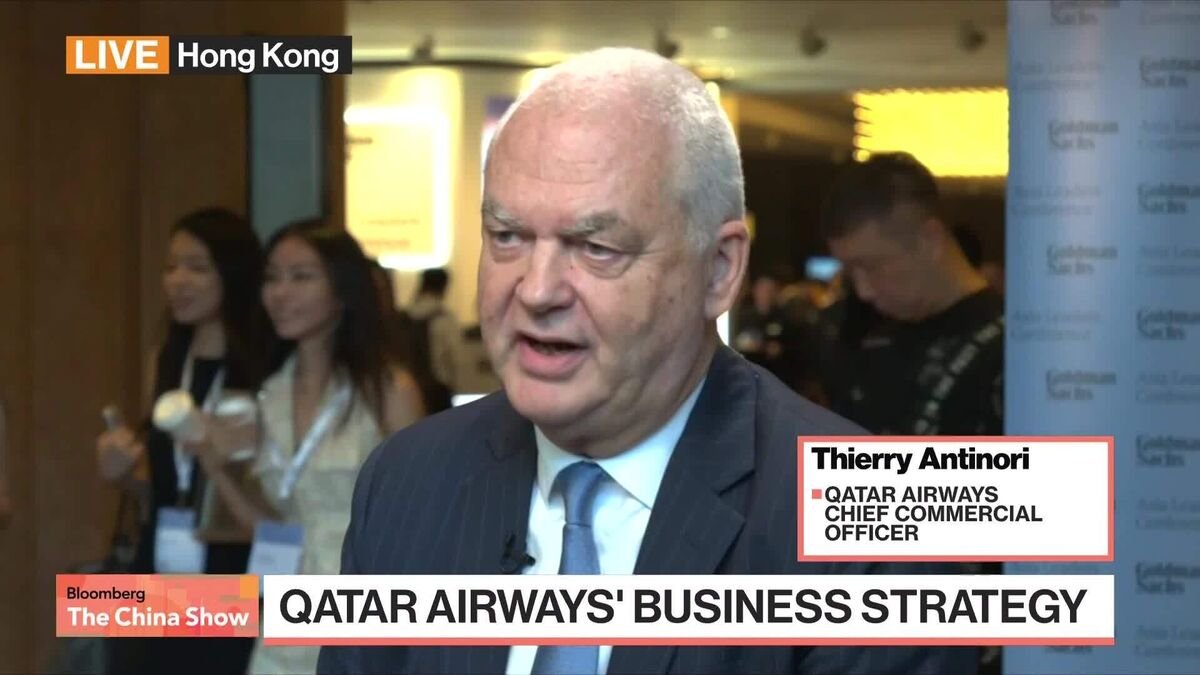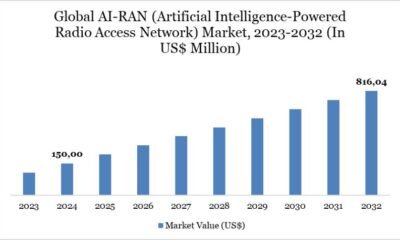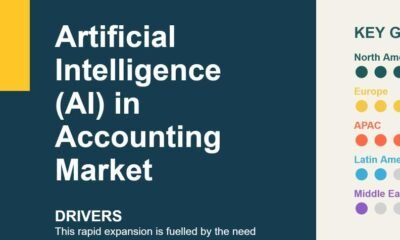Funding & Business
Who are climate-conscious consumers? Not who you’d expect, says Northwind Climate

Sometimes, surprises are lurking in everyday data.
Take a category of consumers that Doug Rubin’s startup, Northwind Climate, calls “climate doers.” They’re concerned about climate change and tend to prioritize climate-friendly purchases, the sort of identifiers who might be stereotypically associated with things like buying organic foods or prioritizing local businesses.
“Turns out that the climate doers category actually are the consumers who most frequent fast-food restaurants,” Rubin told TechCrunch. What’s more, some 30% of climate doers are Republicans, he added.
Northwind Climate evolved from Rubin’s work in the political world, where surveys are vital to understanding shifts in public sentiment and identifying likely voters. The startup has raised a $1.05 million pre-seed round, it exclusively told TechCrunch, with participation from angel investors, including Tom Steyer, former Massachusetts governor Deval Patrick, and Alexander Hoffmann of Susty Ventures.
Rather than divide people into demographic buckets that might segment along political, generational, or regional lines, Northwind Climate analyzes survey responses for behavioral clues that can be used to classify consumers.
In addition to climate doers, who comprise about 15% of all U.S. consumers, Northwind Climate has identified four other behavioral groups, ranging from “climate distressed,” or people who are slightly less concerned about climate change and aren’t as financially secure as the climate doers, to the climate deniers, who tend to be retirees who think the media is exaggerating the problem.
But, Rubin adds, “even in that [climate deniers] bucket, there are messages and ways that work with them.”
Take some analysis Northwind did on electric vehicles. For climate doers and “climate distressed,” two categories of consumers who are most likely to buy an EV, the startup suggests that automakers frame the cars as matter of choice. “We’re providing choices for those who care about reducing pollution, saving money on gas, and helping address climate change,” reads one of Northwind’s suggested pitches.
But for climate doubters and deniers, who are less likely to buy one, the focus of the pitch shifts from choice to freedom: “Americans should have the freedom to drive what they want. We want to make electric vehicles clean, affordable, and practical for the millions of Americans who want one.”
The startup has built a database that consists of 20,000 survey respondents across eight surveys, and Rubin says it’s growing by 2,500 respondents per month. Every three months, Northwind also runs an industry-specific survey to capture deeper insights for different customers.
Companies that subscribe to the service, which costs $10,000 per quarter or $40,000 per year for a typical customer, can add up to four of their own questions every quarter, which Rubin said is less than what they’d shell out for one annual survey.
Within the platform, customers get access to the data Northwind has collected, questions it has asked, and some basic analyses like cross tabulations. The startup is building a chatbot to allow users to ask for more specific analyses using plain language queries.
Concerned consumers might cast a wary eye on such a platform, worried that it might help companies greenwash their businesses. But Rubin isn’t concerned, saying surveys have shown that consumers are pretty savvy. “Our data shows there is a clear risk to brands and their reputations from making claims that are exaggerated or otherwise untrue,” Rubin said.
Rubin said that Northwind is also developing what he calls a virtual focus group. It’s essentially an AI model, trained on survey responses, that can analyze a company’s marketing materials like TV spots or social media ads and provide feedback, just like a human focus group would. The startup hopes to have it available in the next four to five months, Rubin said, though it will use new data to continually refine the model.
Rubin is convinced that companies have been missing opportunities to connect with climate-conscious consumers. “If you look at the data and where consumers are — and it’s across the board, it’s not just Democrats or Independents — they really want this, and they will reward companies who are willing to be smart about it,” he said.
Funding & Business
China Eyes Curbs on Stock Speculation

China’s financial regulators are considering a number of cooling measures for the stock market as they grow concerned about the speed of a $1.2 trillion rally. Bloomberg’s Lianting Tu speaks on The China Show about what we know so far. (Source: Bloomberg)
Source link
Funding & Business
Goldman’s Moe on Markets, Investment Strategy

Timothy Moe, Chief APAC Regional Equity Strategist at Goldman Sachs, discusses his outlook for markets and investment strategy. He speaks with Avril Hong from the sidelines of the “Goldman Sachs Asia Leaders Conference” in Hong Kong.
(Source: Bloomberg)
Source link
Funding & Business
Qatar Airways CCO on Business Strategy, Cainiao Partnership

Thierry Antinori, Chief Commercial Officer at Qatar Airways, discusses the airline’s business strategy and expanding its strategic partnership with Cainiao. He speaks with Avril Hong from the sidelines of the “Goldman Sachs Asia Leaders Conference in Hong Kong”. (Source: Bloomberg)
Source link
-

 Business5 days ago
Business5 days agoThe Guardian view on Trump and the Fed: independence is no substitute for accountability | Editorial
-
Tools & Platforms3 weeks ago
Building Trust in Military AI Starts with Opening the Black Box – War on the Rocks
-

 Ethics & Policy1 month ago
Ethics & Policy1 month agoSDAIA Supports Saudi Arabia’s Leadership in Shaping Global AI Ethics, Policy, and Research – وكالة الأنباء السعودية
-

 Events & Conferences4 months ago
Events & Conferences4 months agoJourney to 1000 models: Scaling Instagram’s recommendation system
-

 Jobs & Careers2 months ago
Jobs & Careers2 months agoMumbai-based Perplexity Alternative Has 60k+ Users Without Funding
-

 Education2 months ago
Education2 months agoVEX Robotics launches AI-powered classroom robotics system
-

 Funding & Business2 months ago
Funding & Business2 months agoKayak and Expedia race to build AI travel agents that turn social posts into itineraries
-

 Podcasts & Talks2 months ago
Podcasts & Talks2 months agoHappy 4th of July! 🎆 Made with Veo 3 in Gemini
-

 Podcasts & Talks2 months ago
Podcasts & Talks2 months agoOpenAI 🤝 @teamganassi
-

 Education2 months ago
Education2 months agoMacron says UK and France have duty to tackle illegal migration ‘with humanity, solidarity and firmness’ – UK politics live | Politics





















